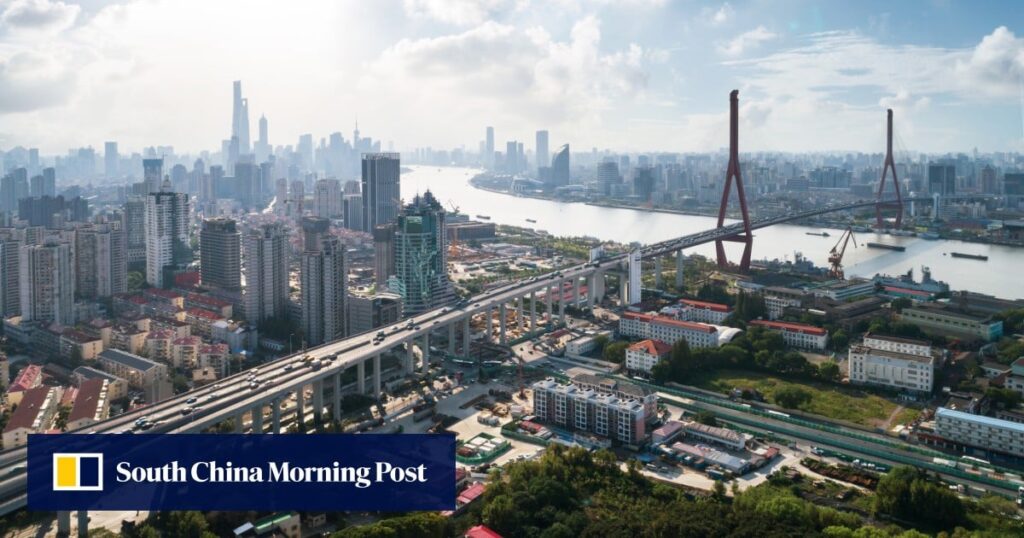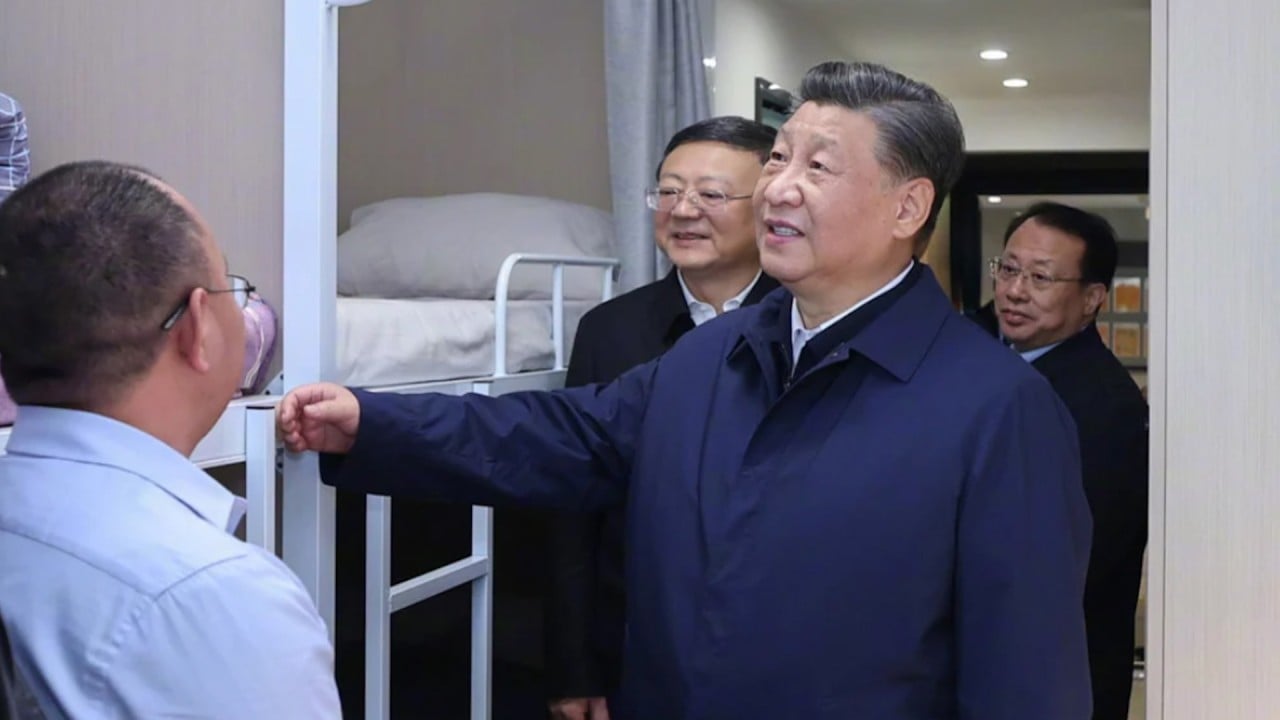Xue Wan, party secretary of Yangpu district, once known for heavy industry, said at a press conference on Friday that the district is seeking to achieve a “cluster effect” by fully mobilizing capital, talent and technology to drive innovation and strengthen the local economy.
He said artificial intelligence and internet technology will be two key areas in which Yangpu will target to build world-class businesses as Shanghai strives to become a hub for technological innovation.
The secretary did not elaborate on which tech startups and software developers Yangpu was targeting, but said traditional manufacturing companies would also be welcomed because they could improve production and marketing efficiency by digitizing their operations.
Once considered a “Rust Belt” region centered on industries such as shipbuilding, textiles and power generation, the city of 1.2 million has developed into a technology-driven region for businesses ranging from e-commerce and delivery service platforms to computer software design firms.
According to Xue, the district is currently home to about 7,000 high-tech companies, whose revenue accounts for more than half of the total sales of all companies based there.
It also generates taxes equivalent to one-third of Yangpu's fiscal revenue, he added.
Yangpu District, one of Shanghai's 16 districts, has 15.5 kilometers of coastline on the west bank of the Huangpu River, known as the East Bund.
District officials said last year that they were targeting Chinese and overseas technology companies, as well as top talent, in establishing the innovation belt.
Last May, the city of Yangpu announced it would offer up to 15 million yuan (US$2.1 million) to attract promising tech companies to its coastal area.
Yangpu is also banking on educational resources such as Fudan University and Tongji University, major national universities located around the district's Wujiaochang area.
The Shanghai Technology Exchange, China's first permanent market for trading intellectual property and technology, is also based in Yangpu.
The exchange is one of three national-level exchanges, along with the Beijing-based China Science and Technology Exchange and the Shenzhen Stock Exchange, that offer technology trading services in China, allowing mainland Chinese companies to buy tech-related intellectual property rights and research results from owners such as universities and scientific researchers.
It has recorded transactions worth RMB 7.1 billion so far this year.
Xue is also focusing on attracting foreign direct investment to Yangpu through efforts to fine-tune the city's business environment, including cutting red tape and offering financial assistance.
Shanghai, mainland China's commercial and financial hub, is aiming to achieve another 5 percent economic growth this year and has pledged to offer loan and land-use support to foreign investors.
The city's mayor, Gong Zheng, said at a press conference in January that the increase in foreign direct investment, which hit a record high last year, would effectively support the city government's economic recovery efforts in 2024.
The city attracted $24 billion in foreign investment last year, just above the previous record of $23.96 billion set for 2022.


